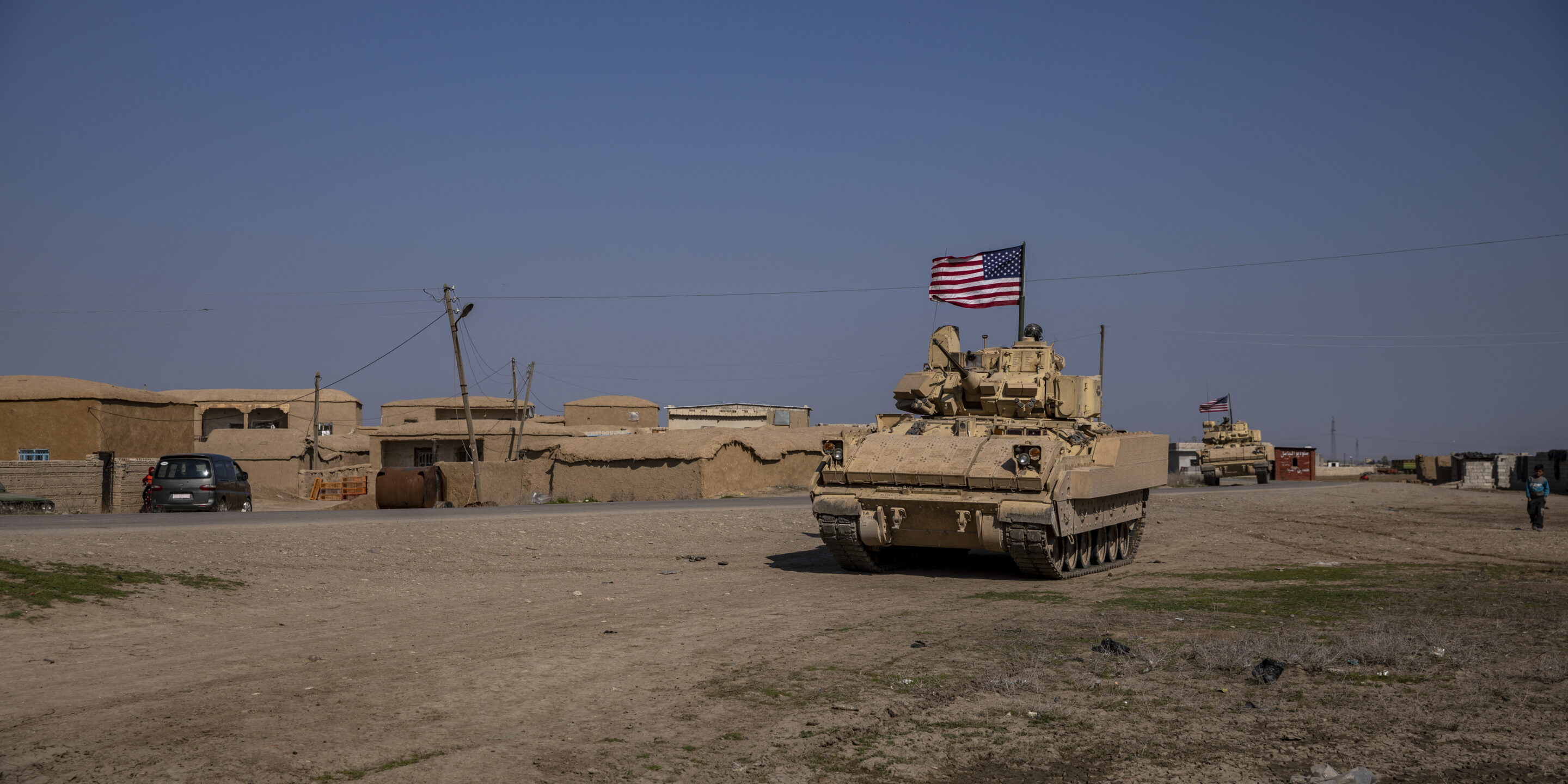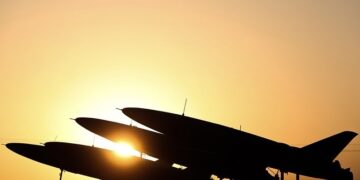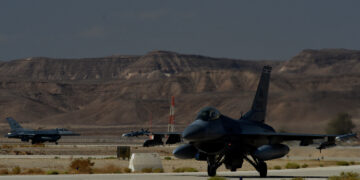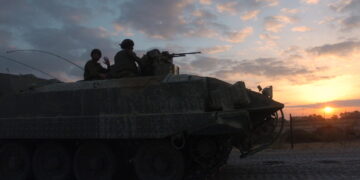September 8, 2023
The U.S. Is Trapped in Syria’s Complex Mosaic

By and large, Syria has dropped off the radar. Whatever international press the country receives is usually inspired by the periodic updates U.N. officials deliver to the U.N. Security Council—updates replete with urgent warnings about a humanitarian crisis, continued violence, and an exponentially depreciating Syrian currency.
Yet in the last few weeks, Syria’s trials and tribulations have returned to the front pages. While the civil war between dictator Bashar al-Assad’s government and its armed opponents has largely wound down, plenty is still going on in the country.
The most significant story emerging out of Syria this week occurred in the eastern province of Deir ez-Zor, host to most of the country’s meager oil reserves and agricultural resources. This area has been split between pro-government forces and the U.S.-backed Syrian Democratic Forces (SDF), with the Euphrates river serving as the dividing line. Deir ez-Zor was a prime center of gravity for the Islamic State when it ruled approximately 8 million people across a stretch of Syria and Iraq in 2014-2015, a so-called territorial caliphate that has been dead and buried for the last four years. The Kurdish-controlled administration has governed the area ever since, in cooperation with Arab tribes that are highly influential in the area.
The only problem: relations between the Kurds and the Arab tribes have never been rosy. Kurdish fighters were reluctant to expand their military campaign against ISIS to Deir ez-Zor for precisely this reason, but they were eventually persuaded (or perhaps pressured) by their U.S. supporters to put those concerns aside. While the Kurdish-Arab relationship was anything but solid, it was nonetheless born out of necessity: the ISIS territorial caliphate was a common enemy that needed to be extinguished, and the two worked well together in pursuit of that goal.
More on Middle East

By Jennifer Kavanagh and Dan Caldwell
July 9, 2025

Featuring Rosemary Kelanic and Jennifer Kavanagh
June 30, 2025
Events on Syria







